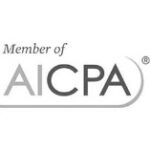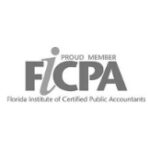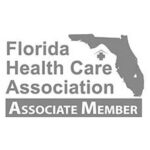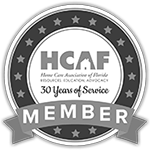The cost of a 401(k) plan audit depends on many factors, including the type of plan, the size of the plan, the ability to obtain an ERISA Section 103(a)(3)(C) certification, the number of participants, the types of assets held by the plan, the plan’s service providers, the compliance history, whether the plan has been audited before …the list goes on. Every firm has a process for proposals.
Understanding audit pricing is crucial for plan sponsors to budget appropriately and avoid unexpected expenses.
Generally, single employer 401(k) plan audit fees range from $8,000 to $13,000, and most firms offer flat rate fees. It is important to determine what the audit fee includes.
It is also important to consider all costs. Most importantly, the cost of hiring an incompetent auditor. Did you know that if your Form 5500 filing, which includes your audited financial statements, is found to be deficient, the Department of Labor and Internal Revenue Service are able to fine you?
You can be assessed
- A penalty of up to $2,670 per day for the failure to file a Form 5500 with no maximum by the Department of Labor AND
- A penalty of up to $250 per day up to a maximum of $150,000 per plan year by the Internal Revenue Service
Factors That Drive Audit Costs
The cost of a 401(k) audit can vary based on several factors:
- Plan Size: Larger plans with more participants and assets typically require more time to audit, leading to higher costs.
- Audit Type: A non-Section 103(a)(3)(3) audit (formerly called a full scope audit), includes testing procedures over investments and investment income and is generally more expensive than a Section 103(a)(3)(C) audit (formerly called a limited scope audit).
- Investments: Plans with complex investments may require specialized audit procedures, increasing the overall cost.
- Service Providers: If your third-party administrator and recordkeeper deliver a quality audit package, the audit is more efficient. Having quality service providers is key to a successful audit.
- Fees: Some auditors may charge additional fees for tasks such as auditing corrections, preparing financial statements, and reconciling contributions. It’s important to understand these fees upfront to avoid unexpected expenses.
Selecting your audit firm requires due diligence. Here are some questions to ask firms as you seek 401(k) audit proposals:
- What do you consider to be outside the scope of the audit?
- Does the audit fee include the preparation of the financial statements in accordance with U.S. GAAP?
- Will you ask for our approval before billing out-of-scope audit work?
- Are there additional charges if operational failures are discovered?
- What has your average fee increase been year-over-year?
- What is the audit fee if I cannot obtain a ERISA Section 103(a)(3)(C) certification?
- How long will the audit take to complete? When will you begin the audit?
- Approximately how many hours of my time (as the plan sponsor) will you need to complete the audit?
- Do you have a devoted team of auditors who specialize in employee benefit plan audits?
- Who will be my main audit contact?
- What has your turnover been?
- How will you protect my records and data?
- Why should I choose you?
Make the right decision and not a costly one.
At Walters & Associates, CPAs we deliver legendary service, we specialize in employee benefit plan audits, we perform our audits remote, and we are offer reasonable flat rate fees with no hidden costs. Obtain a proposal from us on your plan’s audit today.












